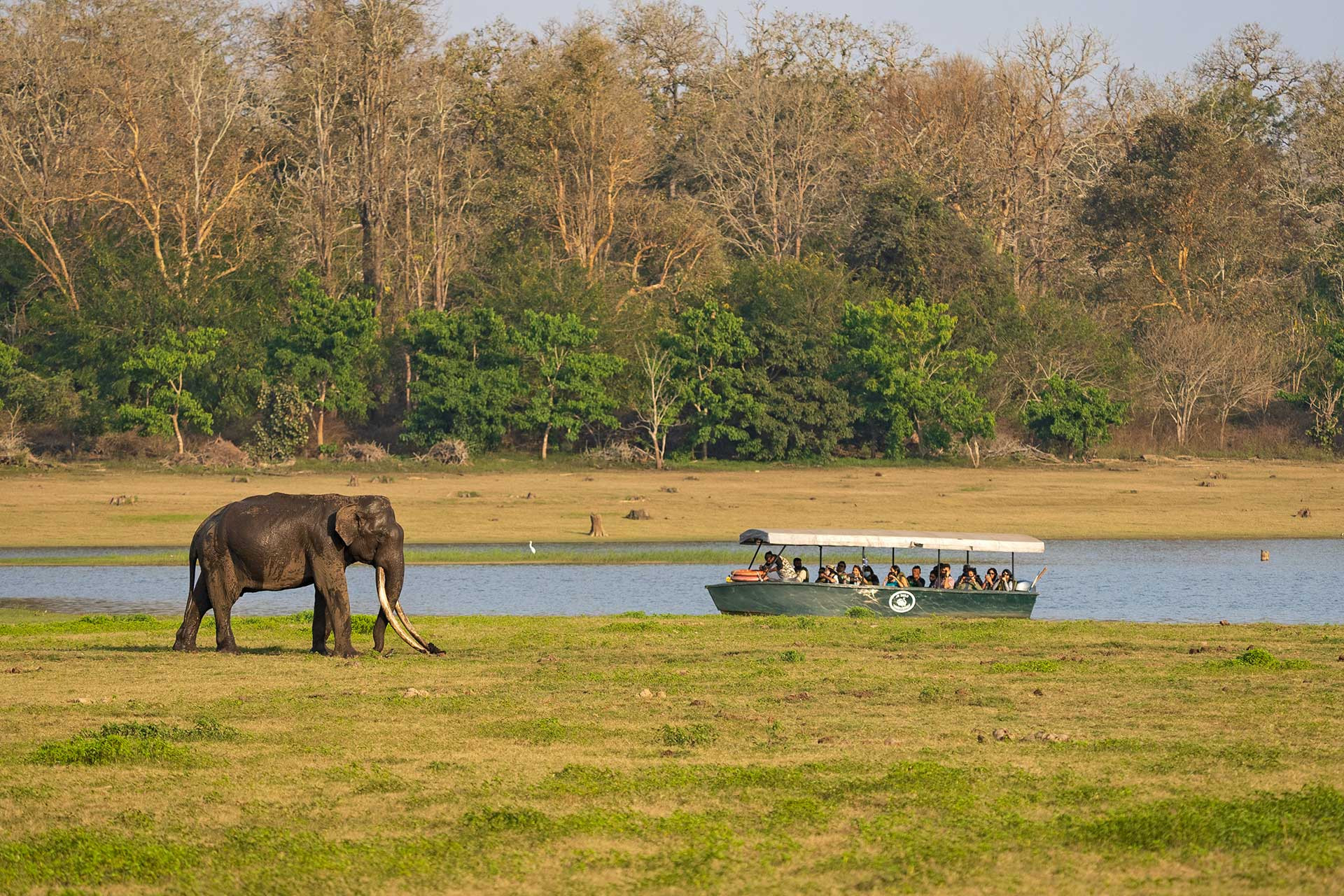National
State government empowers local bodies to cull wild boars
After the central government turned down a suggestion by the Kerala government to declare wild boar as ‘vermin’, the state has moved to empower local bodies to cull them as they raid crops and leave farmers in debt traps. The exponential rise in local wild boar populations has led to increasing incidents between humans and these animals. “Of all the larger animals, none reproduces as quickly and abundantly as the wild boar. It’s an infestation machine,” says Fr. Sebastian Kochupurakkal, general convener of the High Range Samrakshana Samithi. The decision, though largely popular, has not gone well with everybody. “The order may be beneficial to the farmers, at the same time, the local bodies are required to be extra cautious to make sure that it’s not misused. Since the crop raids happen at night, there is no system in place to differentiate between hunting for meat and that for preventing crop raids,” points out the president of a local body, an affiliate of the ruling Left Democratic Front.
Read more: The wild boar challenge: To kill or not to kill | The Hindu
Supreme Court rules all protected forests must have an ESZ of minimum one kilometre
India's highest judicial body has ruled that all national parks and wildlife sanctuaries must have an eco-sensitive zone (ESZ) of a minimum of one kilometre from its demarcated boundary, where mining and other commercial activities shall not be permitted. The bench of Justices L Nageswara Rao, B R Gavai and Aniruddha Bose said that where a wider ESZ is already prescribed, those margin shall prevail. It also added that the minimum width of the ESZ may be diluted when there is 'overwhelming public interest'. But for that purpose, the concerned state or union territory shall first approach the court-appointed Central Empowered Committee (CEC) and the Ministry of Environment, Forest and Climate Change (MoEF&CC), which would give their recommendations before the court. Even when environmentalists welcomed the SC directive, the Kerala government, for example, has decided to object to the court, citing concerns of the people living near these forests.
Wildlife lovers mourn the death of ‘Mr Kabini’
Bogeshwara, a 70-year-old elephant with the longest tusks in Asia, was found dead near the Kabini reservoir in the Bandipur-Nagarahole Reserve Forest on June 11. Social media became flooded with obituaries for the majestic pachyderm, also known as Mr Kabini. One of his tusks was 2.54 metres long, and the other measured 2.34 metres. The forest department is contemplating whether to obtain permission to preserve its tusk at the local exhibition centre. There are also plans to make Bhogeswara an icon of the protection and preservation of elephants in India.
Read more: 70-yr-old elephant with longest tusks in Asia passes away in Karnataka | The News Minute
More national headlines:
- Centre to conduct combined elephant and tiger survey this year | The Hindu
- AI system to detect presence of elephants on Athirappilly road | The Hindu
- World's first fishing cat census done in Chilika | The Hindu
- New dragonfly species found in Tezpur named in honour of 2 women | EastMojo
You may also like to read
International
Superworm could revolutionise plastic recycling
Scientists from the University of Queensland, Australia, have found a species of insect larvae that can survive on a diet of polystyrene. Zophobas morio, commonly known as superworm, is a beetle larva that can digest plastic through a gut enzyme. "Superworms are like mini recycling plants, shredding the polystyrene with their mouths and then feeding it to the bacteria in their gut," said Dr Chris Rinke, one of the study's authors. The team found that several gut enzymes in the superworm can degrade polystyrene and styrene, both common in takeaway containers and other items such as car parts. They hope to identify the enzyme and reproduce it at a scale for recycling. "The scale-up and translation of research like this is always a challenge, which is magnified in the area of plastics by the incredible scale of the problem and the economics in terms of how cheap new plastic is to produce," points out Australian National University researcher Colin Jackson.
Read more: Plastic-munching superworms offer hope for recycling | BBC News
Finland sets new standard with legally-binding climate negativity pledge
The new Finland Climate Change Act commits the nation to achieving net-zero emissions by 2035 and negative emissions by 2040. The timeline is notable in itself, but the law also makes Finland the first nation to form a legally binding carbon negativity pledge. The Scandinavian nation had previously committed to an 80 per cent reduction in carbon emissions by 2050. This new law catapults plans forward by a full decade. Smaller nations like Bhutan and Suriname have already brought their emissions to below zero, but this will prove difficult for Finland, which still heavily relies on fossil fuels.
Read more: Finland legally commits to carbon negativity by 2040 | Protocol









